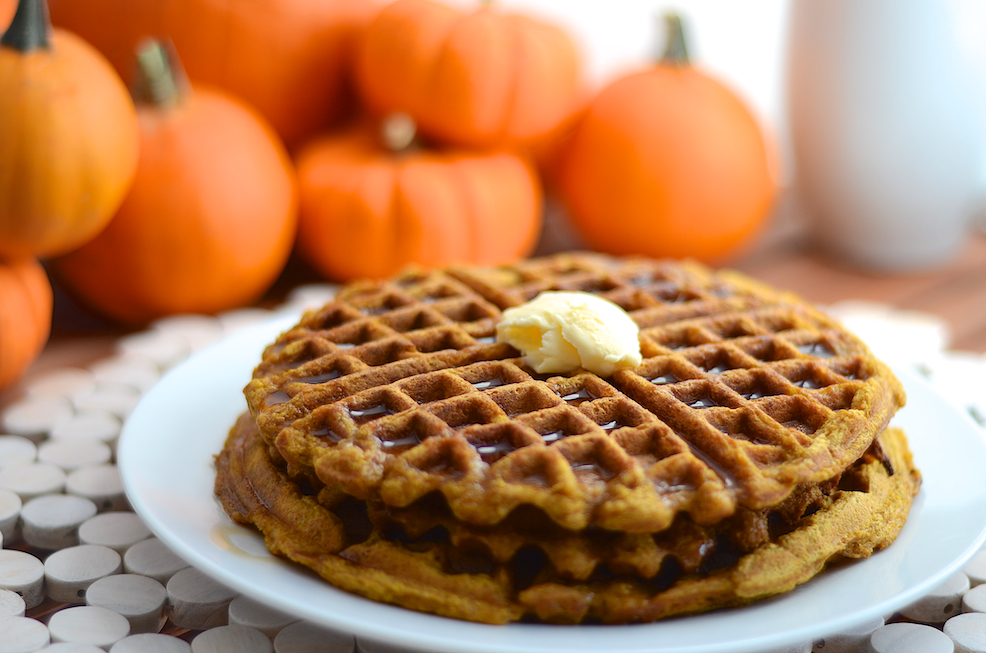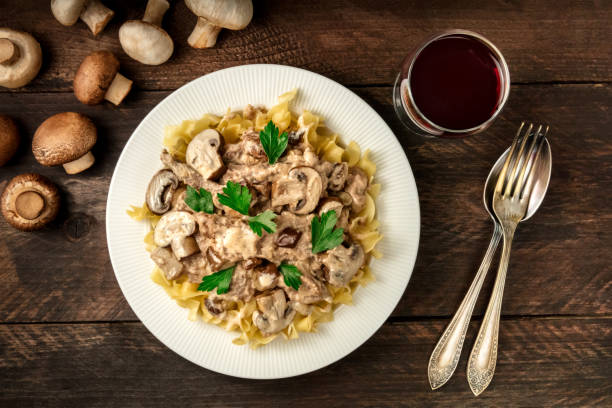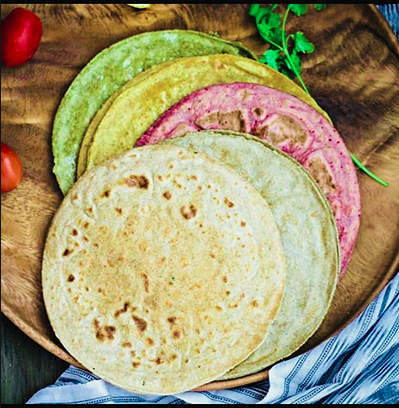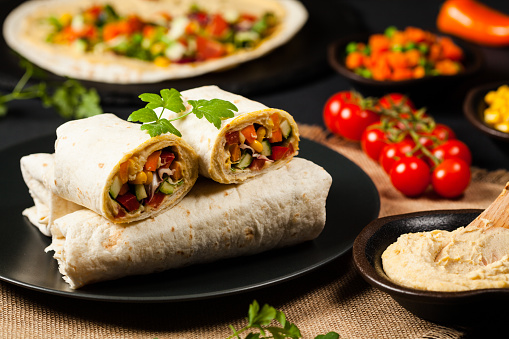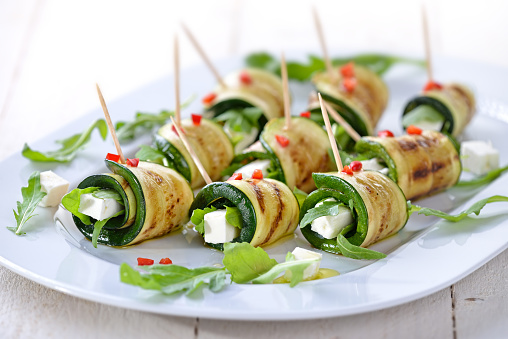To help your baby develop a rich palate, start with simple foods and build up from there. You can choose a single ingredient, one that is enhanced with herbs or spices, or a blend that you think the baby may enjoy. Offering baby single ingredients will help her develop a taste for whole ingredients so she can learn to love them individually. But adding a hint of herbs and spices will add nutritional value as well as a bolder flavour. Continue incorporating more options as the baby grows.
You may also like: Chef Kunal Kapur: Spices You Must Include In Your Child's Food
Eating Mechanics – Beyond The Puree

Image Source: https://www.smababy.co.uk
If your child is still being breastfed, then he/she is already receiving ample nutrients and wholesome fats—especially if mom has a healthy diet herself. So it’s good to think about baby’s first foods as a means to introduce her to a variety of flavours, aromas, and textures.
Finger foods can be great for early eaters, but they should always be soft. Draw from a variety of veggies, fruits, whole grains, and soft proteins. Avoid sticky things like nut butter since they could be a choking hazard. At age eight to nine months, if not sooner, babies want to self-feed instead of letting mom to it. The baby will likely give herself a food facial in the process, but self-feeding helps her to practice her fine motor skills and even more importantly, it allows her to regulate how much she is eating. Babies intuitively know when they are full. Follow their cues!
You may also like: From Breastmilk to Complementary Food: Baby Steps in Healthy Eating
Introducing Protein
Protein is an important part of baby’s diet that he/ she receives in the beginning months of her life from breast milk or formula. When your baby is ready for solids, it’s important to keep protein in mind. Proteins can be introduced at the same time as first foods.
There are many proteins that are good options for your budding eater,
- Non-GMO tofu
- Fully cooked beans
- Organic whole milk yoghurt
- Cooked eggs
- Meats (fully-cooked)
- Whole grains, especially ancient grains
- Vegetables.
Vegetables, however, don't provide a complete protein. A grain that is known for its unusually powerful punch of complete vegetarian protein is quinoa. When preparing proteins for baby, make sure that the format is perfect for your child’s development. Puree it, mash it, or finger foods – go for it!
You may also like: Are You Feeding Your Child A Balanced Diet? Find Out!
What First Foods Should I Avoid?

Image Source: http://www.tv3.ie
- Honey until after 1 year due to the potential exposure to botulism spores
- Any kind of raw or undercooked fish or raw dairy or eggs
- Foods items that are hard like popcorn and grapes since these can become a choking hazard due to their size or form. Remember that any vegetable larger than a pea size can get stuck in your child’s throat.
- When your baby is sick or on antibiotics, avoid the top 8 allergens (cow’s milk, eggs, peanuts, nuts, wheat, soy, fish, and shellfish) because the compromised immune system and digestion make babies more likely to have negative reactions.
You may also like: Fruit Purees So Delicious, It Will Be Hard For Any Baby To Say No!
Some key nutrients whose deficiency is common in children and the best food sources to be supplied through diet include:
Vitamin D –This vitamin is crucial in building and strengthening bones and teeth. The best sources are sunlight, fish, egg(yolk), mushroom, cheese, soya milk and tofu.
Vitamin B12–This vitamin plays an important role in maintaining the health of nerve cells and blood cells. Its deficiency causes tiredness, weakness, loss of appetite, weight loss, and megaloblastic anaemia. Nerve problems, such as numbness and tingling in the hands and feet, can also occur. The best sources are dairy products, eggs, fish, crabs and the liver of lamb and goat.
Iron – it helps red blood cells carry oxygen to the body and plays a key role in brain and muscle function. A lack of iron in the blood can lead to iron-deficiency anaemia, a common nutritional deficiency in children. Best sources are red meat, organ meat especially the liver and heart, soybean, kidney beans, Bengal gram, spinach, dates, raisins, apricots, pomegranate, beets, cashew nuts & pumpkin seeds.
Making sure our children are given a variety of foods on a daily basis and frequent meals/snacks through the day will help ensure their nutritional requirements are being met.
You may also like: 5 Healthy And Wholesome Grain Powder Mixes To Have Handy For Baby's Mealtime
Image Source: https://www.verywellfamily.com
Don’t forget to follow us on Facebook, Twitter, Pinterest, Soundcloud & Instagram or subscribe to our YoutubeChannel for more information.

